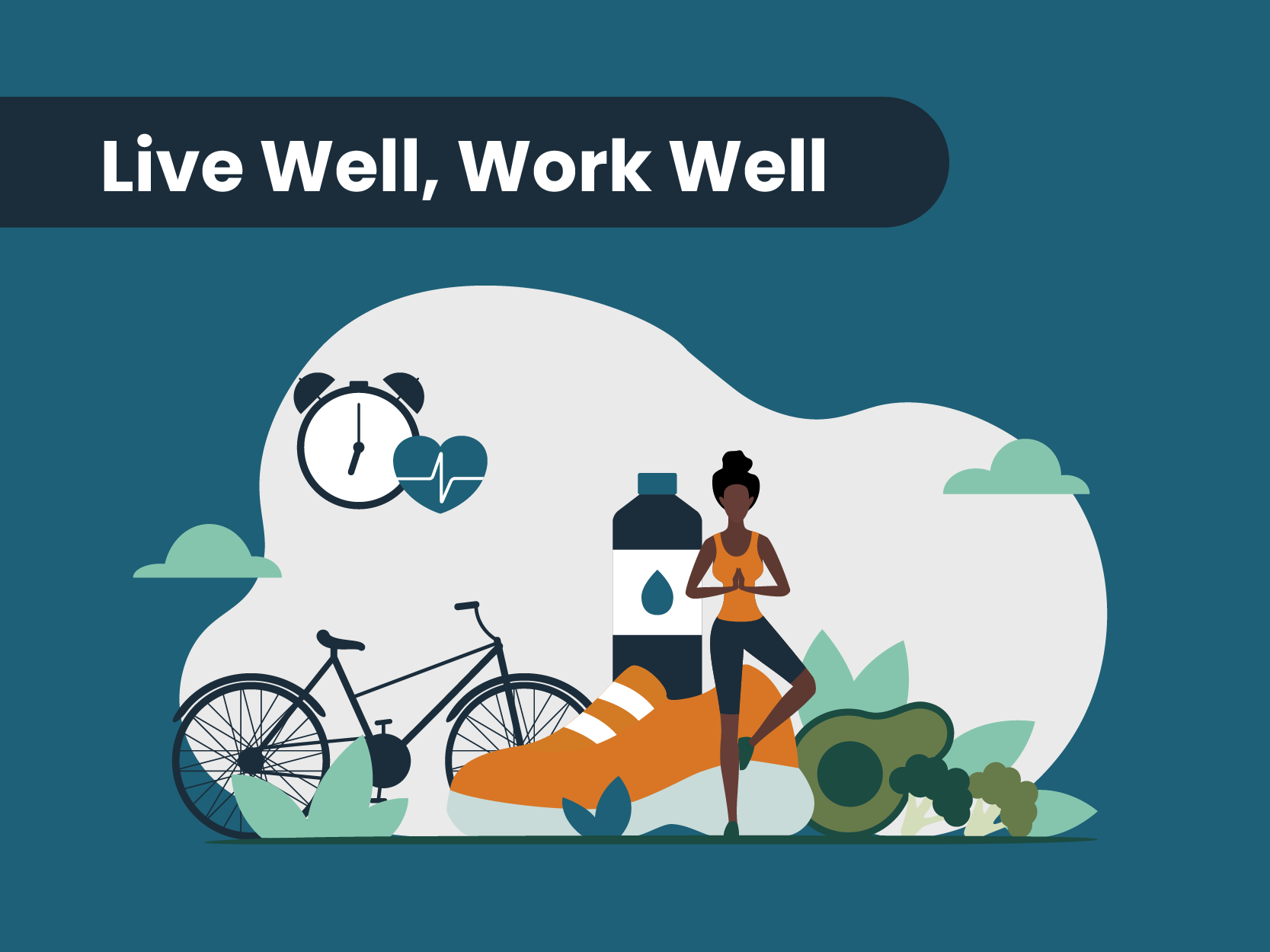Skillet Pasta Dinner
A quick and delicious one-pot meal that is sure to please the whole family. Add your favorite frozen or fresh veggies to this dish!
1 min read
meQuilibrium : Apr 13, 2022 2:11:00 PM

The world is facing some extraordinary stressors. The evolving pandemic and Russia’s invasion of Ukraine are impacting people in unprecedented and devastating ways.
Taking a moment to tend to your mental health will help give you the energy to face each day with resilience. Try these four stress management strategies from meQuilibrium Chief Medical Officer Dr. Adam Perlman and Chief Science Officer Dr. Andrew Shatté.
Rising anger, sadness, or anxiety, difficulty focusing and concentrating, problems sleeping, and increased irritability and fatigue are all signs that your mental health might need attention. When you know what to look for you can take steps to ease these symptoms before they derail you.
Practice observing your thoughts to become aware of the ongoing stream of thoughts rolling through your head. Note which thoughts are serving you and which are draining your energy. Try not to judge whatever comes up—troubling thoughts and emotions are natural. Just simply notice and acknowledge, giving each thought space to be heard and felt.
Tuning into the present moment and releasing tension can help keep our emotions from taking control, says Melody Wilding, a licensed social worker. Start by clenching and relaxing your fists, or consciously relax your hips into the corners of your chair. You can also try other mindfulness-based practices, like breathing deeply with attention on each breath.
Take regular breaks throughout the day to disconnect, even if just for a moment. Do a three-minute mindfulness practice at your desk, go for a quick walk, or call a friend or family member. A short guided-imagery exercise can also help you ease and unload feelings of anxiety and depression, Dr. Perlman says, and diffuse the stress that can chip away at your mental health.
When mental health issues are making it hard for you to work and connect with the people and things you care about, says Dr. Shatté, it’s a good time to reach out for help. Take a look at the benefits available through your Human Resources Department and the Employee Assistance Program. Most offer a variety of confidential care options that you can access for free. Start by taking a look at the website and reading up on relevant information. You can also check in with your doctor and a mental health therapist to get support and tools that can help you manage the day-to-day.

A quick and delicious one-pot meal that is sure to please the whole family. Add your favorite frozen or fresh veggies to this dish!

Nutrition is the foundation of health, influencing disease prevention and overall well-being.

February is Heart Health Month—a perfect time to focus on the habits that keep your heart strong.